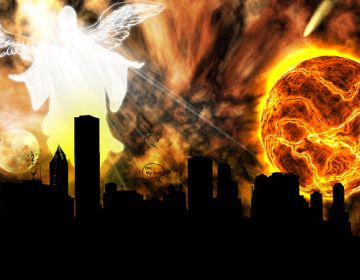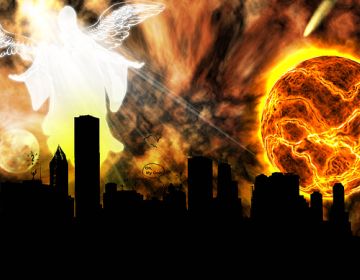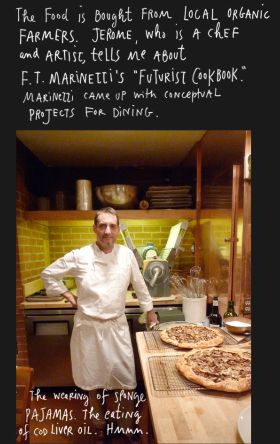
Photo: DavidCiriaco
Questions, debates, and arguments tend to flow non-stop from our media about such loving and easy topics as the war in Afghanistan, global warming, and Tiger Wood’s affair(s).
I’ve felt particularly pulled from end of the spectrum to the other over the past couple of days. One of Matador’s writers, Nick Rowlands, passed along an interesting, albeit extraordinarily we’re-going-straight-down-the-tubage, debate between George Monbiot, author of several investigative travel books and a weekly column for the Guardian, and Paul Kingsnorth, director of the Dark Mountain Project.

